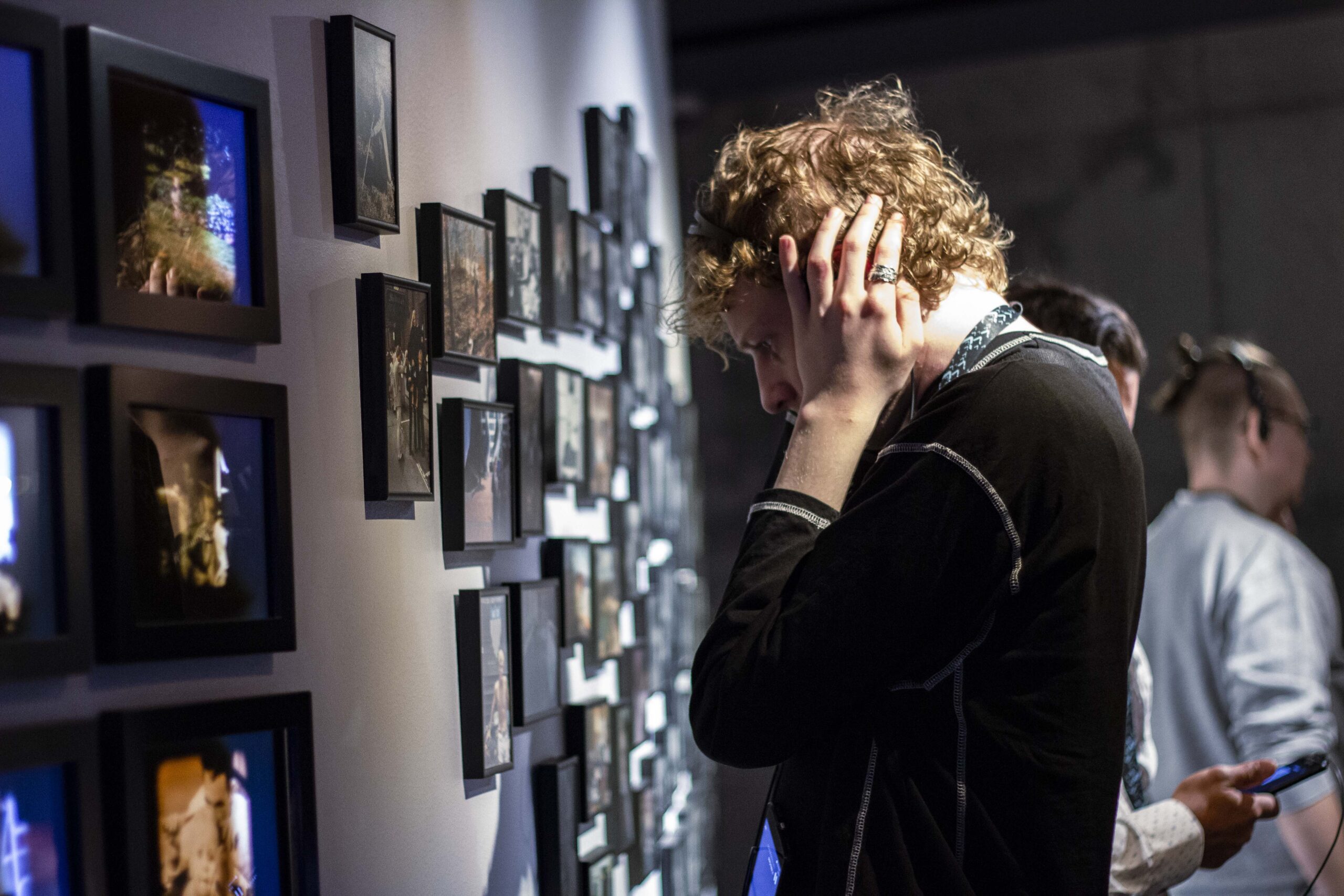The audio journey is available in Estonian, English and Russian and guides the listener through the permanent exhibition, drawing attention to some new and some old artifacts that help visitors understand Estonia’s LGBT history.
It answers questions such as what happened to “Such people” during the Second World War? How and where was homosexuality discussed in Soviet Estonia? What led to the decriminalization of homosexual relationships? What role has marriage played in the lives of homosexual people in Soviet times and today?
The curator of the new audio journey is Rebeka Põldsam, a doctoral student in ethnology at the University of Tartu.
The LGBT audio journey is part of the project Practices and Challenges of Mnemonic Pluralism in Baltic History Museums (PRG1097), by the department of ethnology of the University of Tartu, and is supported by the Estonian Research Council, the Cultural Endowment of Estonia and the Rosa Luxemburg Foundation.

 Back
Back